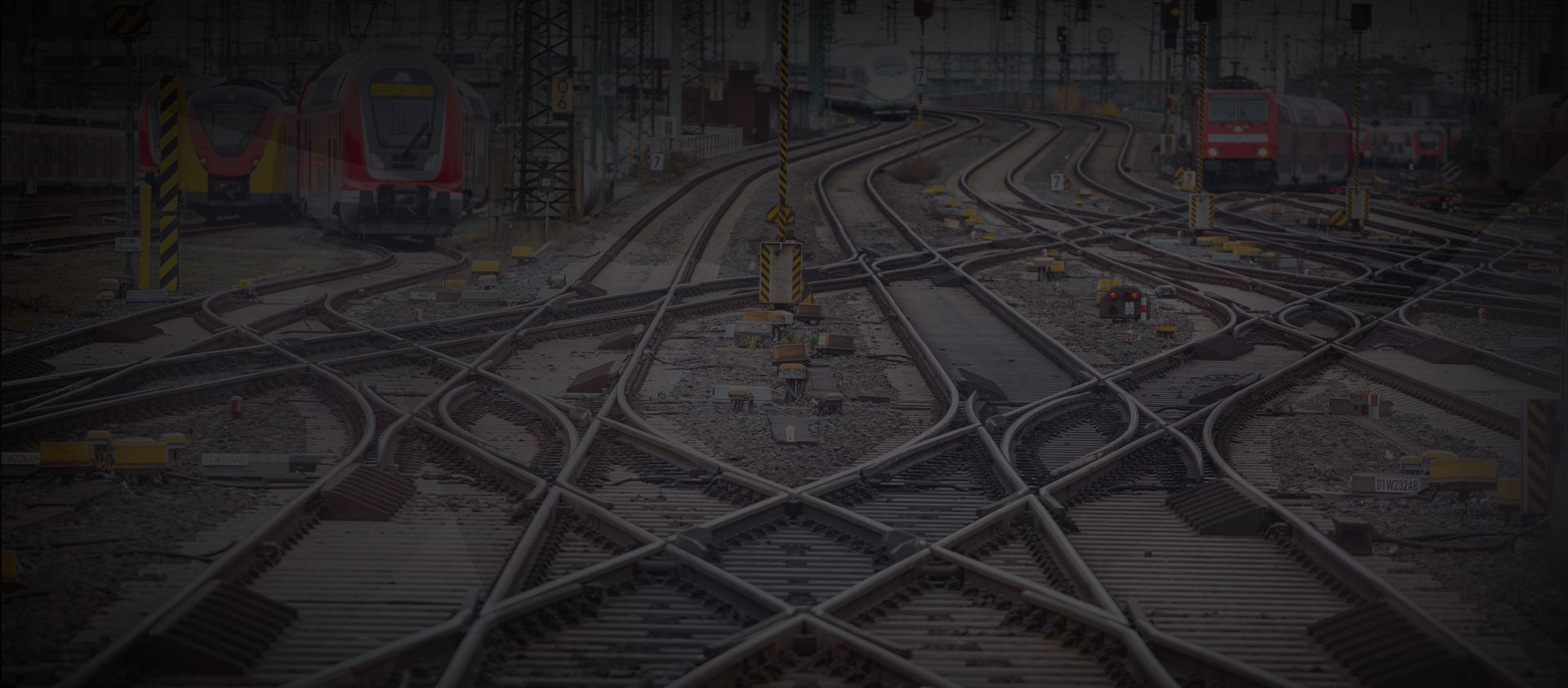
Regional & Shortline Railroad Injury Claims
FELA Lawyers for Regional & Shortline Railroad Workers
Many railroad worker injuries occur on shortline railroads. These injuries are covered by FELA, not workers’ compensation, so you will want to work with an attorney that understands the ins and outs of FELA rules and regulations. At Bolt Law Firm, we are among the nation’s most trusted FELA attorneys for regional and shortline railroad workers.
If you were hurt while working on a regional or shortline railroad, call (763) 292-2102 now to talk with our attorneys.
Railroad Classifications
Railroads in the United States are classified by size. Large railroads are classified as Class I, which is the largest and can span multiple states or even countries.
Recognizable Class I railroads include:
Shortline and regional railroads fall into the classification of Class II or III, according to the Surface Transportation Board. Class II and Class III railroads account for 31% of U.S. freight. Approximately 550 shortline and regional railroads operate in every state except Hawaii and Alaska. Shortline railroads are small, local, mid-sized, and regional railroads that operate over short distances to the national Class I railroads.
What is a Regional Railroad?
Larger Class II railroads are often classified as regional railroads. Currently, there are around 21 Class II railroads in service, some of which belong to large railroad holding companies.
Were you employed by any of these regional railroads?
- Watco’s Wisconsin & Southern
- Genesee & Wyoming’s Buffalo & Pittsburgh
- Florida East Coast Railway
- Dakota Missouri Valley Western Railroad
- Montana Rail Link
- Red River Valley Western
- Central Oregon
- Portland and Western
- Northern Plains Railroad
If you were injured while employed by any of these regional railroads – or one that is not listed – then you could have a FELA claim to file. Let our regional railroad worker injury attorneys help from start to finish. Dial (763) 292-2102 to learn more.
What is a Shortline Railroad?
A shortline railroad is much shorter than a regional or national railroad. Typically classified as a Class III, a shortline railroad will usually connect Class I or Class II railroads, or be specifically designed to complete shorter shipping routes, such as from a shipyard to an inland distribution or manufacturing center. Shortlines operate for many reasons, though, such as linking industries together that require or share freight (such as paper factories and timber, or power and manufacturing plants and coal), to carry freight and resources to interchange points with the large Class I railroads, and as small tourist railroads. These shortline railroads are critical in linking regions and services to the nation’s infrastructure.
Although a shortline railroad might be shorter than others, as the name implies, it is no less important. Workers for shortline railroads deserve the same respect and safe work spaces as every other worker.
Specific Shortline Railroad Regulations
Class II and III railroads are not subject to the same reporting requirements as larger railroads and Class I railroads. Instead, they have noticeably different regulatory and safety requirements, such as different train speeds, maintenance, inspection, and safety equipment standards. Understanding these critical differences can make or break an injury claim, depending on the cause of the railroad worker’s injury. You can trust the knowledgeable railroad attorneys of Bolt Law Firm to know about the relevant regulations and how they can shape your claim and the compensation owed to you.
Call Our Shortline Railroad Injury Lawyers Now
An attorney from Bolt Law Firm can provide invaluable counsel to railroad workers who were injured while working on a shortline railroad. We are here to make sure that you can file a Federal Employers Liability Act (FELA) claim in pursuit of the compensation and benefits that can help you stand on solid financial support again.
Our lawyers can help with all parts of your case after a shortline railroad accident or injury, such as:
- Evaluating the case: Our experienced FELA attorneys can assess the merits of your case, helping you understand your rights under the law and determining whether you have a valid claim. We can consider factors such as the nature of your injury, the circumstances surrounding the accident, and the potential negligence of your employer.
- Gathering evidence: An attorney from Bolt Law Firm can help gather all necessary evidence to support your claim, including medical records, witness statements, and any documentation related to the accident, injury, or occupational illness.
- Establishing negligence: Under FELA, injured railroad workers must prove that their employer was negligent in a way that contributed to the injury or illness. Different instances of negligence can inadequate training, poor maintenance of equipment, failure to follow safety regulations, etc.
- Calculating damages: We can calculate the appropriate amount of compensation you should seek for your injuries. This may include medical expenses, lost wages, pain and suffering, and other damages related to your injury, as well as future losses.
- Negotiating with the railroad company: Filing a FELA claim often involves negotiating with the shortline railroad company or their insurance provider. We can represent you during these negotiations, advocating on your behalf to ensure you receive fair compensation for your injuries.
- Litigation: If a settlement cannot be reached through negotiation, your shortline railroad injury attorney may need to take your case to court. We can prepare and present your case before the court.
Give yourself a fair chance at getting the compensation you need after you were injured in relation to your work for a shortline railroad company. Team up with the FELA lawyers of Bolt Law Firm today by dialing (763) 292-2102 or contacting us online now.